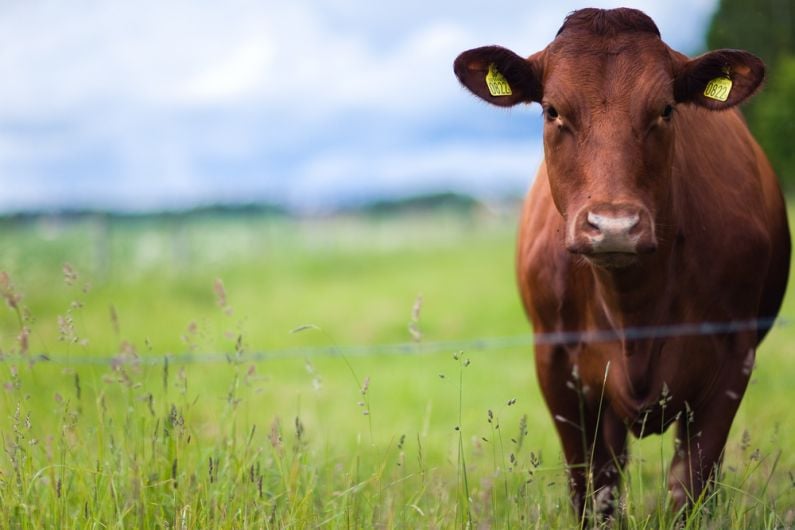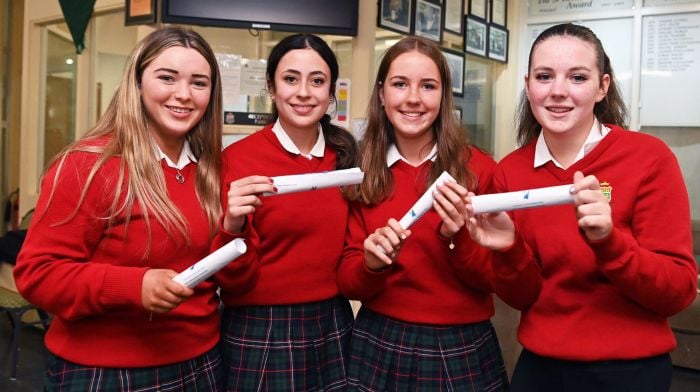THE Beef Plan movement is calling for a European agriculture policy that bucks the trend of agriculture graduates taking up roles in the corporate sector, and so ensuring the sustainability of Irish farming.
Beef Plan is the movement and associated plan put together by ‘farmers for farmers’, they say.
If the next phase of the Common Agricultural Policy (Cap) progresses on the same lines as the one it replaces, the unique Irish suckler heard will be decimated in the drive toward factory farm production, the Plan’s chairman Eamon Corley has said.
‘For Cap to meet its long-term objectives, young farmers need to be incentivised to farmland in a productive manner,’ he added. ‘Achieving a sustainable and safe food chain for European citizens, promoting biodiversity and climate action while supporting the rural economy, has to be at the heart of Cap,’ he said.
His Beef Plan colleague Seamus Lynch agreed: ‘The Cap was established to support farmers to produce high quality traceable food at a cost deemed affordable to consumers.
‘Regrettably, the supports available to farmers have fallen well short of what is required to keep pace with increased costs of production,’ Mr Lynch said.
The Irish farmers representative group hopes the next phase of support will address the imbalance of the last Cap.
The Beef Plan said it was pleased to hear those reforms proposed from 2021 are focusing on the small farmer. The momentum needs to kick start a new conversation amongst the stakeholders for a fairer distribution of the consumer price paid to farmers, they added.
There are several key considerations the farm organisation hope will be factored into the next round of policy.
‘There is no recognition for the unique status of the Irish Suckler herd,’ Mr Corley said. ‘The EU has done a great job protecting the unique production approach of goods as varied as Champagne and pork pies.
‘However, the grass-fed, outdoor-reared approach of the Irish sucker herd, with its respect for animal welfare and husbandry, the relatively limited impact on the environment compared to other beef production approaches, and the consideration to biodiversity, does not get the recognition it deserves.’







